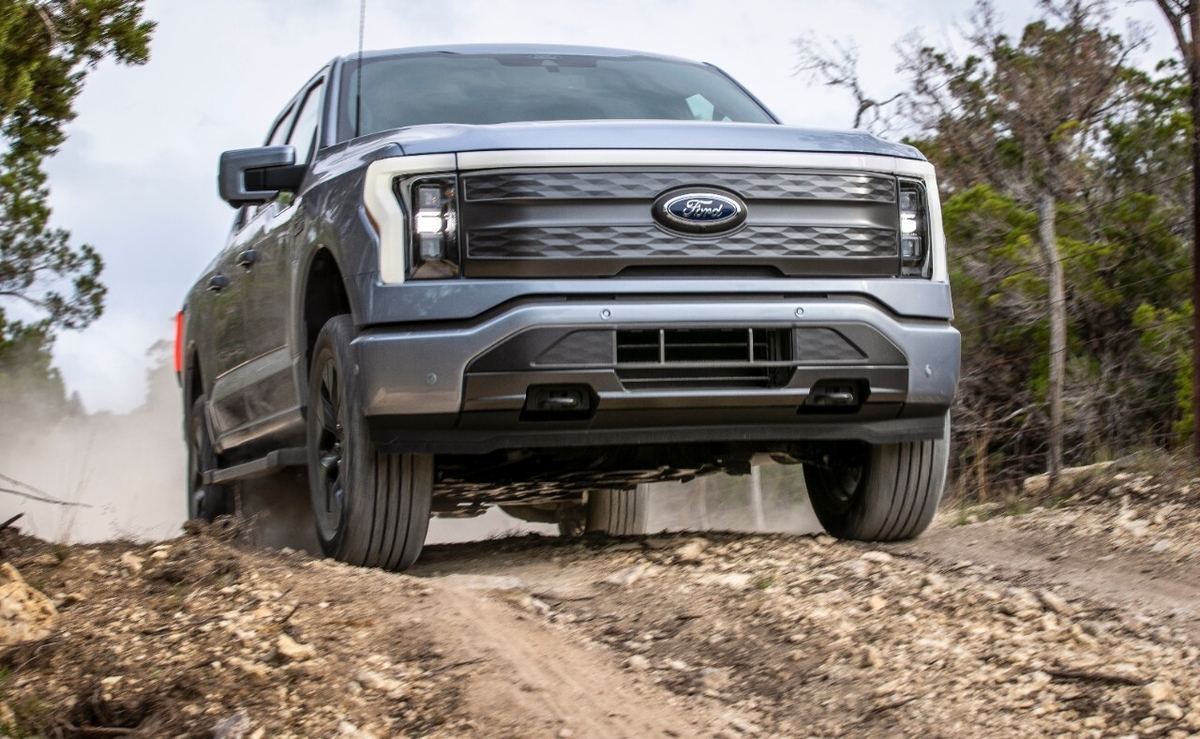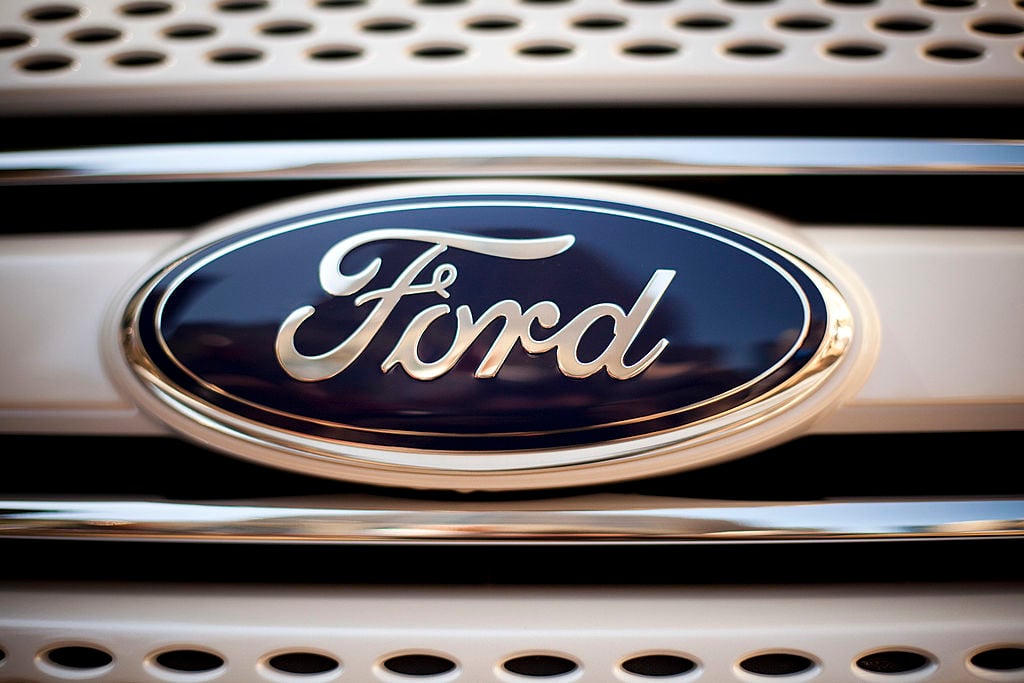Faced with slowing economic growth, China's authorities have come up with the time-honored (dishonored?) solution of facilitating the creation of more debt. In the most recent case, China has opened up the asset-backed securities, or ABS, market to foreign car companies in an attempt to stimulate growth in the sector. In the near to midterm this looks like good news for a car company like Ford Motor Company (F 1.09%), and also for car parts suppliers like Johnson Controls (JCI 0.42%) or Visteon (VC 2.16%).
What happened in China?
The move by the China Banking Regulatory Commission to allow foreign car companies to issue ABS is going to enable companies like the finance arms of Ford, Volkswagen, BMW and Toyota, among others, to start to challenge local banks in the issuance credit. ABS products are bundles of loans (in this case car loans) that are packaged and then sold on to other investors. Issuing ABS helps car finance companies because they are able to transfer risk and issue more loans to car purchasers.
Incidentally, it shouldn't escape readers that these are the types of products that contributed significantly to the financial crisis, but in that case it was primarily about housing loans rather than other forms of consumer credit. No matter, the purpose of this article is to focus on the positives from this move, rather than assessing its contribution to the debt problem in China.
The evidence is that the move could be meaningful. For example, according to a Bloomberg research report, the potential for China's auto credit to expand is significant, because the market is starting from a low base.

Source: Bloomberg
Who will benefit?
Clearly, there are a host of industries that would benefit from increased car sales in China, but the immediate beneficiaries would be the foreign car manufacturers and their suppliers. In fact, China's passenger vehicle sales rose 13% in May, with Ford increasing its sales by 32%. Moreover, Ford claims to be winning market share, with its market share in China increased by 90 basis points to 4.5% in its first quarter. Revenue from China may have only represented 7.7% of Ford's automotive sector revenue in the first quarter, but the $400 million increase in revenue in Asia-Pacific offset reductions elsewhere for Ford. Total automotive revenue was flat in the quarter, so China is a meaningful contributor to growth for Ford.
Automobile parts manufacturers are also set to benefit. For example, Fools already know that Johnson Controls is set for a good year with its automotive experience segment. The company has seen surprising strength this year within its European operations in the automotive experience segment, and a pick-up in China would add to those gains. Moreover, the company has been busy realigning itself for growth in the region by spinning off its, barely profitable, interiors business into a joint venture with a Chinese company. The deal follows on from the sale of its auto electronics business to Visteon in January and now leaves Johnson Controls to focus on seating. As for Johnson Controls' most profitable segment, power solutions, the company recently opened a new battery production plant in China that will enable it to service locally produced automobiles.
Car parts manufacturer Visteon also looks well set to prosper as well. The company generated 49% of its sales from the Asia region in its first quarter. Moreover, its two biggest customers are Ford which contributed 26% of Visteon's first quarter sales and Hyundai-Kia with 34%. The latter car manufacturers (both part of the Hyundai Motor Group) are battling it out with General Motors for second spot in terms of market share in China. Given Hyundai-Kia's strong market share in China, and Ford's growth trajectory in the country, Visteon has good prospects to grow if the automobile market picks up.
The bottom line
Foreign car manufacturers have been steadily increasing market share in China in recent years ,and given the opportunity to issues ABS it's reasonable to expect them to be able to offer loans on a more favorable basis to Chinese consumers. Car companies like Ford and General Motors are already expanding sales aggressively, and suppliers like Visteon and Johnson Controls can also be expected to see some upside from China.








